Stories about Advocacy
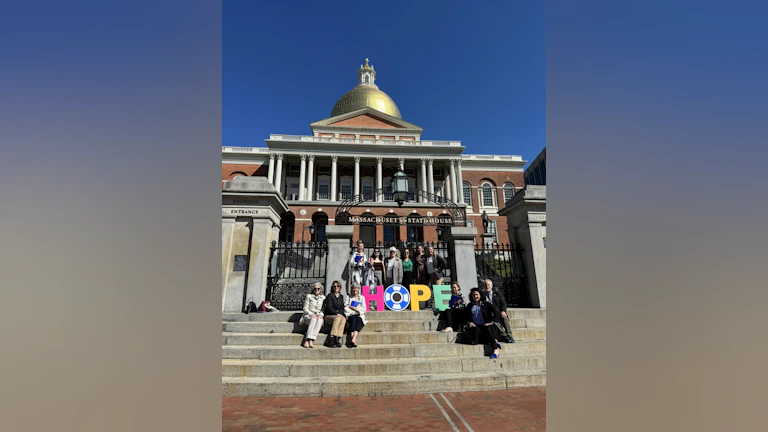
AFSP’s Advocacy Action Days: Advocates Urge State Support for Suicide Prevention Legislation, Encourage Allies to Join
In 2025, AFSP’s Advocacy Action Day events include support for firearms suicide prevention, increased access to care and services, including the 988 Suicide & Crisis Lifeline, and supporting underserved and disproportionately impacted communities, including youth and LGBTQ populations.

Join Growing Movement to Save Lives During National Suicide Prevention Month
This September, AFSP invites everyone to learn about suicide, how to prevent it and ways to support each other.
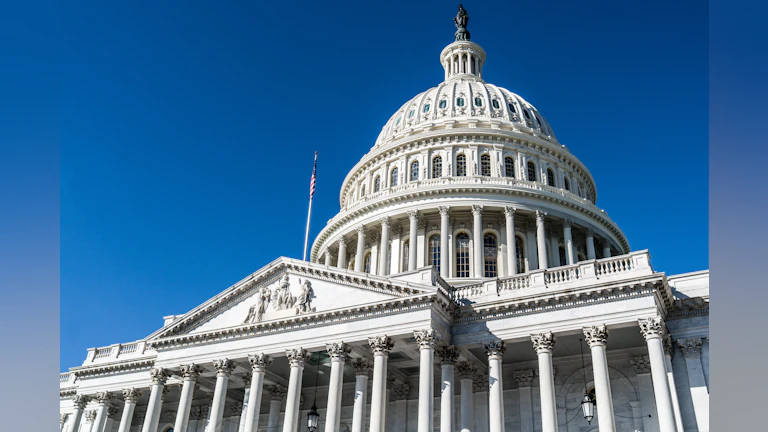
American Foundation for Suicide Prevention Applauds Bipartisan Effort to Improve 988 Suicide & Crisis Lifeline
AFSP is heartened to see the collaboration of bipartisan Congressional leaders and the FCC to build up the 988 Lifeline to be as robust and effective as it can be.
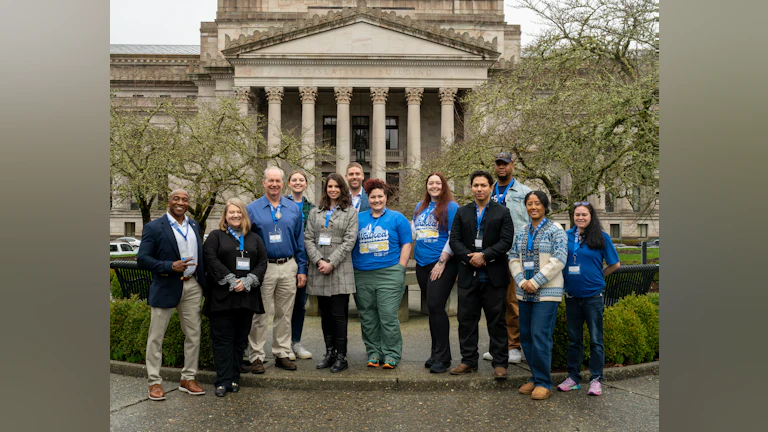
American Foundation for Suicide Prevention Advocates Gather Nationwide, Calling for Action on Suicide Prevention & Mental Health Policy
Top priorities include securing continued funding for state 988 crisis services systems and increasing lethal means safety

Supporting States in Building Suicide Prevention Infrastructure
The American Foundation for Suicide Prevention (AFSP) and the Suicide Prevention Resource Center (SPRC) are working together this May for Mental Health Awareness Month to raise awareness of SPRC’s Recommendations for State Suicide Prevention Infrastructure.

AFSP Sponsoring the American Association of Suicidology’s Healing After Suicide Loss Summit
The American Foundation for Suicide Prevention is honored to be a sponsor for the 56th annual American Association of Suicidology Conference, including the Healing After Suicide Loss Summit.
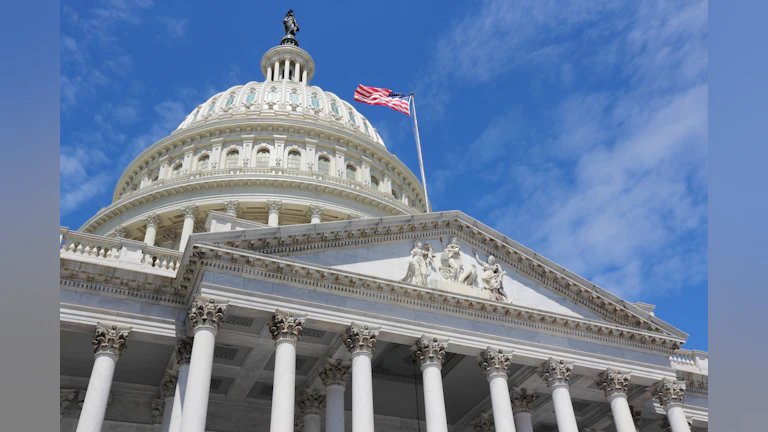
AFSP Applauds President Biden for Continued Focus on Suicide Prevention and Mental Health in the State of the Union Address
In his second State of the Union address last night, President Biden described his ongoing commitment to addressing the nationwide mental health crisis and increasing support for suicide prevention.
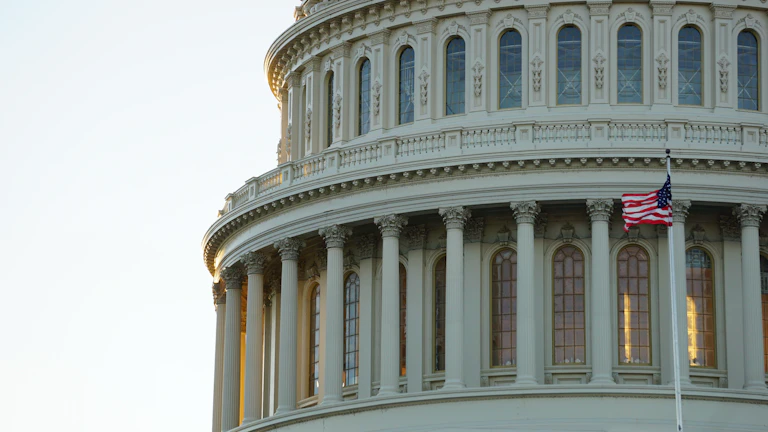
AFSP Applauds Passage of Justice and Mental Health Collaboration Reauthorization Act and the Law Enforcement De-Escalation Training Act
Passage of this bill is an important achievement for Project 2025—AFSP’s nationwide initiative to reduce suicide in the United States by 20% by 2025—by helping to prevent suicide among individuals who are incarcerated or who were previously incarcerated.

Supporting Suicide Prevention Policy at Washington State Capitol Day
When our 15-year-old daughter, Nina, died by suicide in September 2016, my wife Dawn and I could have hidden the cause of her death and remained silent. Instead, we chose to bring our story out of the darkness to help others.
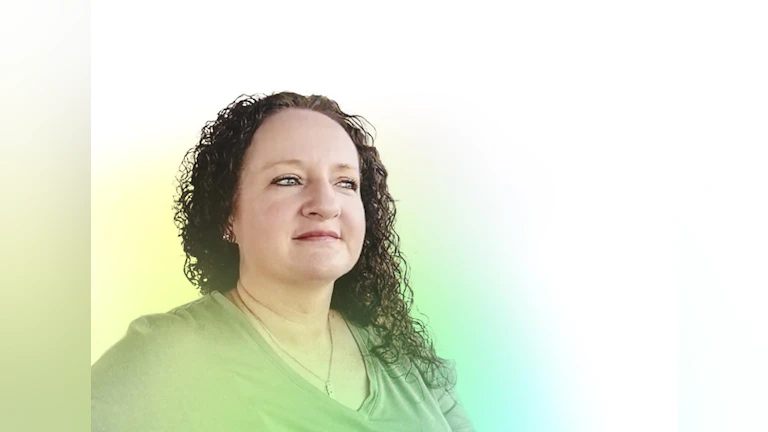
Advocating for Veteran Suicide Prevention in Central Texas
As an Army veteran, knowing that AFSP supports legislation that makes suicide prevention a priority for Veterans, Service Members, and their families is very important to me.
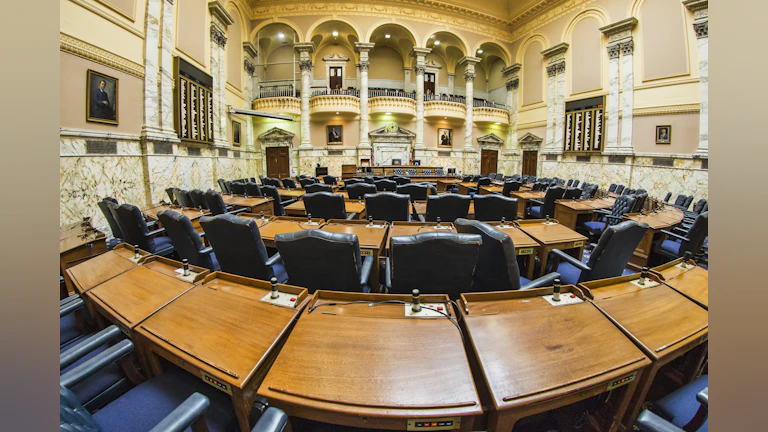
AFSP State Capitol Day Events 2022: A United Voice for Suicide Prevention
Each year, the American Foundation for Suicide Prevention’s State Capitol Day events provide an opportunity for volunteer advocates to meet with state officials and share their experiences, urging support for legislation that can save lives.
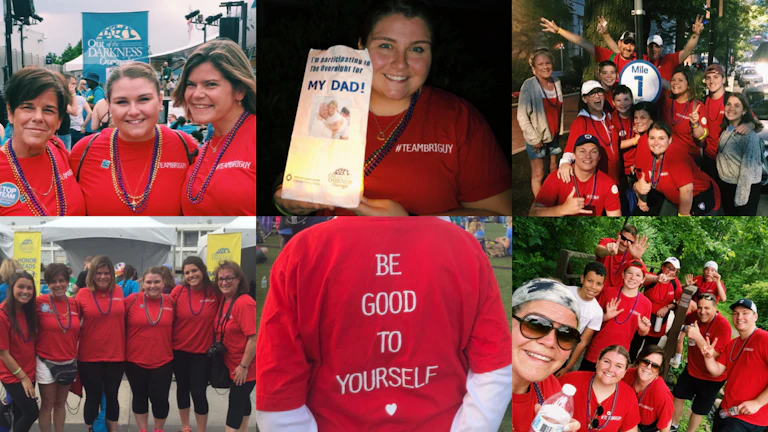
Be Good to Yourself: Walking to Heal After Losing My Dad to Suicide
Growing up, my dad ended every conversation with the phrase, “Be good to yourself.” It was on his cellphone voicemail, our home phone’s voicemail, and he said it to people he had just met. My dad’s ever-present lesson in kindness and self-compassion set me on a mission to make this world a better place.
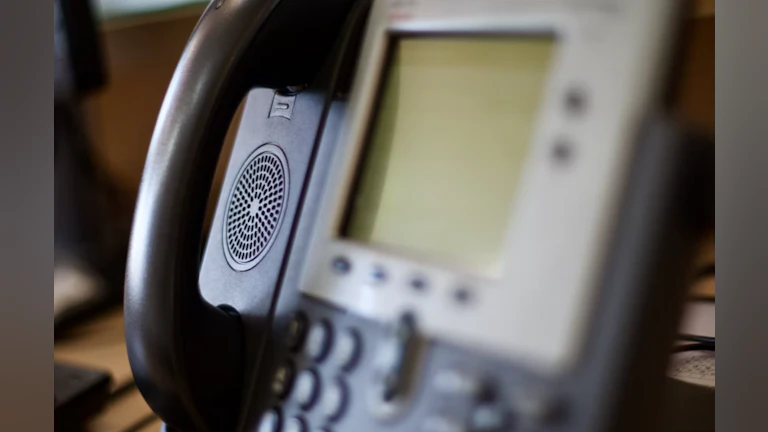
Suicide Prevention and Mental Health Crisis Response Services: What They Are and How We Can Support Them
A crisis call is the most common, accessible starting point if you or someone you know is experiencing a suicidal or mental health crisis. On July 16, 2022, to the National Suicide Prevention Lifeline (800-273-8255) will be available through a simple 3-digit,universal phone number, 988.
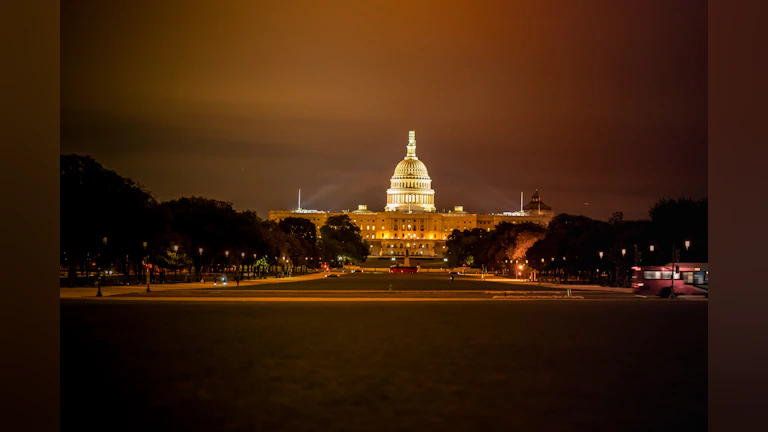
Turning Listening into Legislation: Advocating for More Accessible and Affordable Mental Health Care
Your story is the opening to an ongoing conversation with your representatives. Our job as advocates is to make sure that listening becomes legislation.
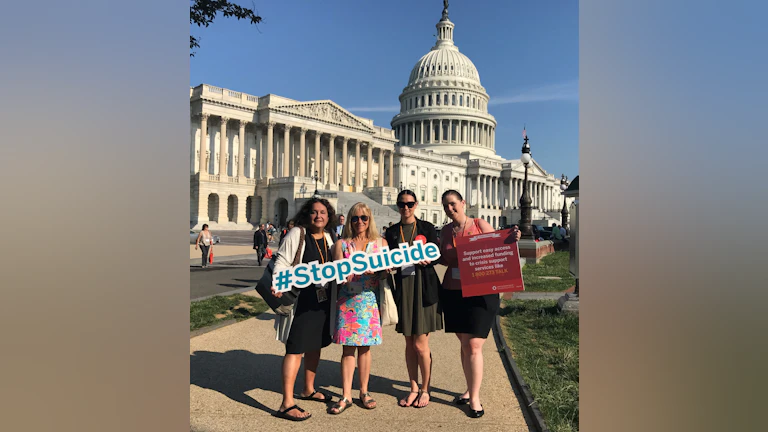
A Mother’s Perspective: The Need for Mental Health and Suicide Prevention Education in Schools
It’s more important than ever before that we make mental health and suicide prevention education in schools a priority – and the good news is that anyone can get involved in helping to advocate for it.
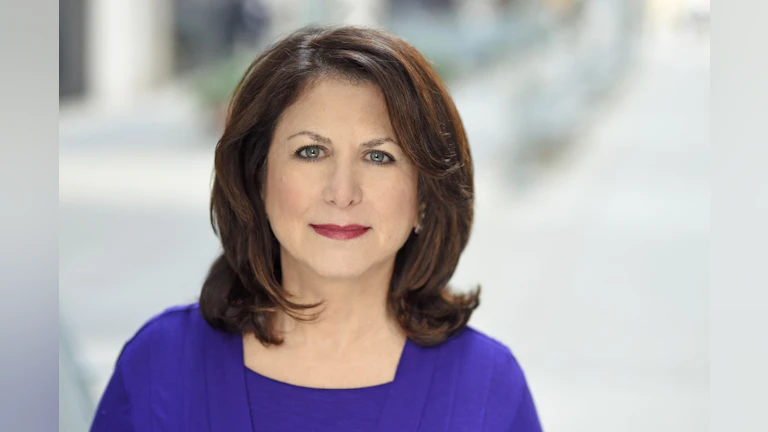
Join Me in Advocating for Suicide Prevention Research Funding
When it comes to suicide prevention, there are many important things for which we need to advocate. As the American Foundation for Suicide Prevention’s Vice President of Research, funding for suicide prevention research is at the top of my list!

Suicide Prevention Advocate Perspectives: Why the New 988 Crisis Number Matters – A Conversation with Tori Yeates of AFSP Utah
Starting in July 2022, the National Suicide Prevention Lifeline, a 24/7 toll-free crisis line that provides immediate response to millions of callers in crisis every year, will be able to be reached via a simple code: 988.

Suicide Prevention Advocate Perspectives: Why the New 988 Crisis Number Matters – A Conversation with Jen Preble of AFSP Montana
In July 2022, a simple dialing code, 988, will route persons in crisis directly to the National Suicide Prevention Lifeline, a 24/7 toll-free crisis line that provides immediate care and resources to millions of callers every year.

AFSP National Board Member Chris Thomas Testifies for Suicide Prevention in Memory of Daughter Ella
AFSP National Board member, Chris Thomas, delivered powerful testimony before the House Committee on Energy and Commerce last Thursday, February 17, 2022, about the urgency of reforming and investing in systems that support mental health and suicide prevention.
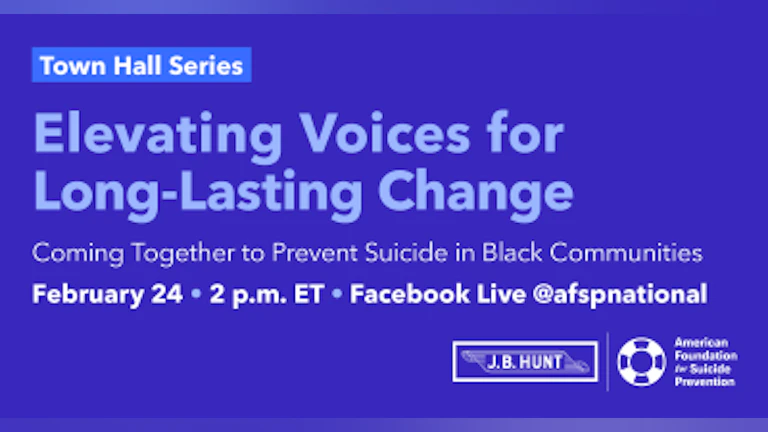
Coming Together to Prevent Suicide in Black Communities
Part of the American Foundation for Suicide Prevention’s Elevating Voices for Long-Lasting Change town hall series, which convenes leading experts in mental health and suicide prevention from diverse communities to improve public understanding of their range of experiences and support their unique needs.
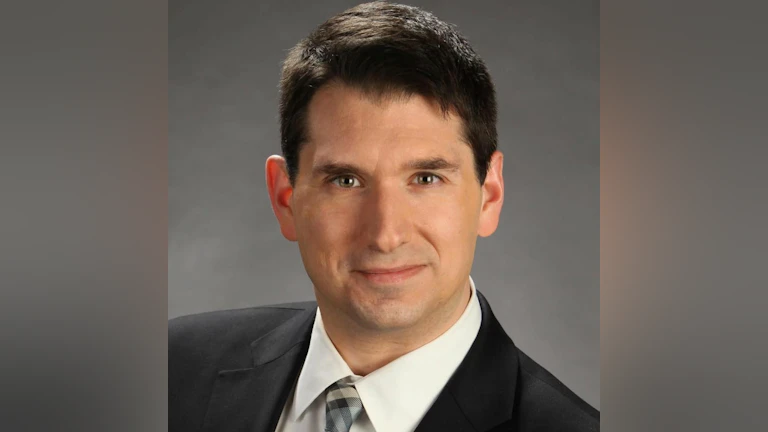
The Biggest Case of My Life
An attorney shares his story of healing and finding hope through advocacy after his father died by suicide.

Suicide Prevention Advocate Perspectives: Why the New 988 Crisis Number Matters – A Conversation with Kirsten Krueger of AFSP South Dakota
Starting in July 2022, people across the nation experiencing a suicide or mental health crisis will be able to dial just three digits – 988 – to be routed to the National Suicide Prevention Lifeline, a 24/7 toll-free crisis line that provides immediate care and resources to millions of callers every year.
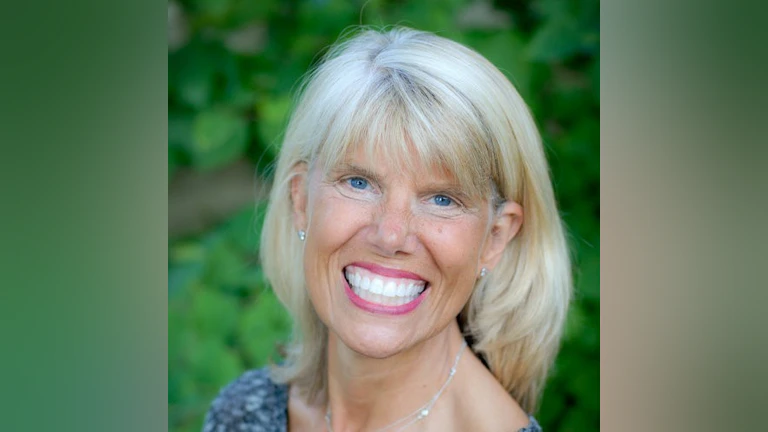
Introducing AFSP’s Newest Public Policy Council Member: Beverly Goldberg
An interview with AFSP's newest PPC member who is dedicated to mental health advocacy.

Supporting the Future 988 Crisis Line Through a Week of Action
On November 16, community leaders and advocates across the country came together for REIMAGINE: A Week of Action to Reimagine Our National Response to People in Crisis, a three-day event to learn more about 988 and actions people can take to help to build a comprehensive crisis response system in their state.

Top Executives from Sixteen Major Mental Health Organizations Applaud CDC for Adding Mental Illnesses to its List of Underlying Medical Conditions Associated with Higher Risk for Severe COVID-19
Top executives from 16 of the nation’s leading mental health advocacy organizations applaud the Centers for Disease Control and Prevention for adding mood disorders, including depression, and schizophrenia spectrum disorders to its list of underlying medical conditions associated with higher risk for severe COVID-19.

Bake My Day: Making Something Sweet for Suicide Prevention
Once I reached that place of personal emotional stability, I started thinking about ways I could give back to the community that helped me. That’s when the idea for Bake My Day was born.

Why I Fight: Preventing Physician Suicide, and the Dr. Lorna Breen Health Care Provider Protection Act
We must prioritize the mental health of our frontline medical professionals who are caring for some of our most vulnerable patients, and encourage help-seeking behaviors for mental health concerns and substance use disorders by reducing stigma, increasing resources, and having open conversations about mental health.